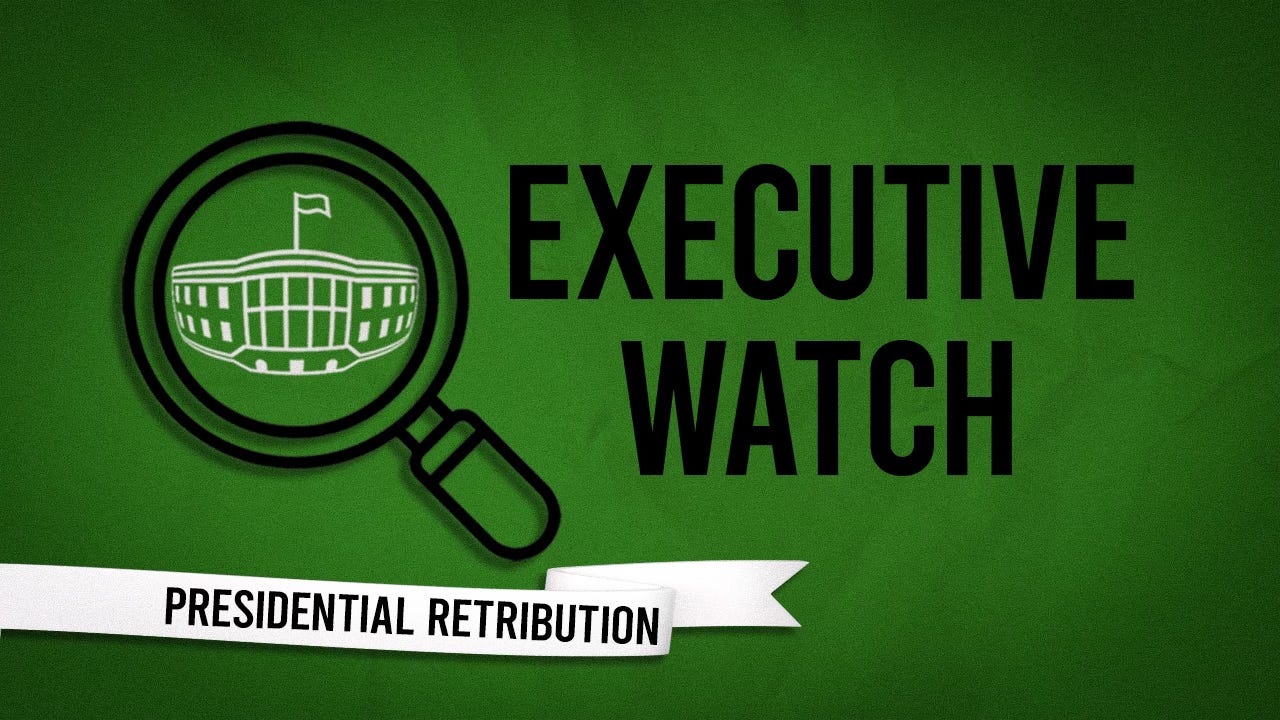Did the FBI Alert a Pro-Trump Media Organ of its Raid on John Bolton to Send a Message to Trump's Critics?
Donald Trump likes to deflect scrutiny of his own misconduct by accusing others of the same crimes—and now he can use his office to launch investigations and prosecutions. Hence the raid on the home of John Bolton, Trump’s former national security advisor turned critic, based on accusations that Bolton illegally kept classified documents, a charge similar to one on which Trump was prosecuted.
At The Bulwark, Ben Wittes explains how this investigative power is being abused:
At 7:14 a.m., nine minutes after I started my livestream, the New York Post tweeted out a story about the search. I looked around. I was still by myself. Yet somehow, a mere nineteen minutes after the police action began on that street in a D.C. suburb, the New York tabloid was reporting details of the operation overtly sourced to administration officials.
In other words, part of the point of the exercise was that people should know about it. Part of the point was to create a theatrical display of law-enforcement power deployed against a critic of the administration. When Vice President Vance was asked about this display a few hours later, he didn’t even bother to pretend that there was some wall of separation between the Justice Department’s investigative functions and the administration’s political brass. He talked about the investigation as though it were something perfectly natural for him to know about—as though vice presidents normally know about why former officials five years out of office are under investigation….
The message is that if you criticize Trump, the government is coming for you.
Bolton is a controversial figure and a foreign policy hawk who can certainly raise hackles with his overbearing, high-handed style. But that is not a criminal offense. His real crime is that he is an unsparing critic of Donald Trump’s and so needs to be taught a lesson.
The Executive Watch is a project of the Institute for the Study of Modern Authoritarianism, and its flagship publication The UnPopulist, to track in an ongoing way the abuses of the power of the American presidency. It sorts these abuses into five categories: Personal Grift, Political Corruption, Presidential Retribution, Power Consolidation, and Policy Illegality. Click the category of interest to get an overview of all the abuses under it.
© The UnPopulist, 2025
Follow us on Bluesky, Threads, YouTube, TikTok, Facebook, Instagram, and X.




